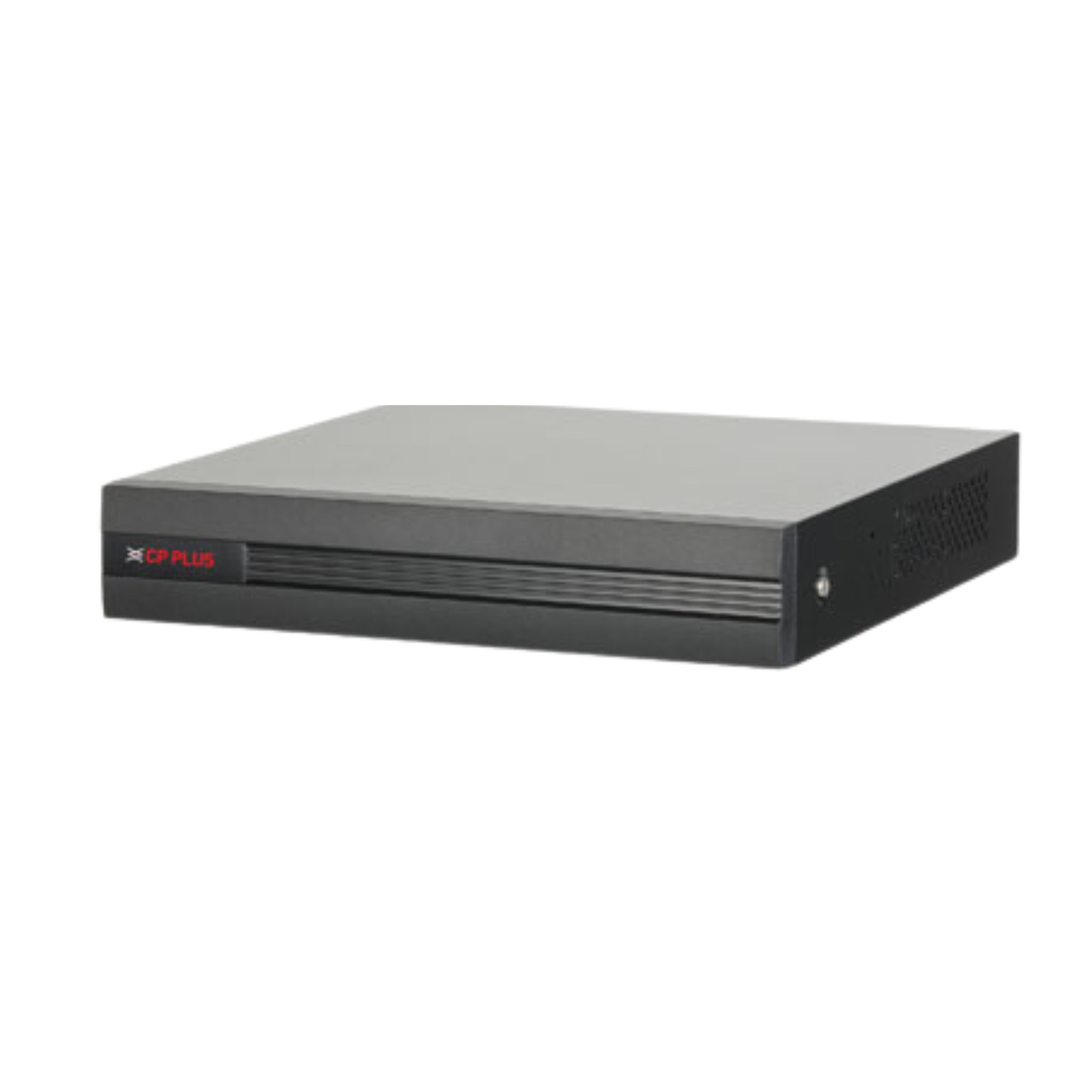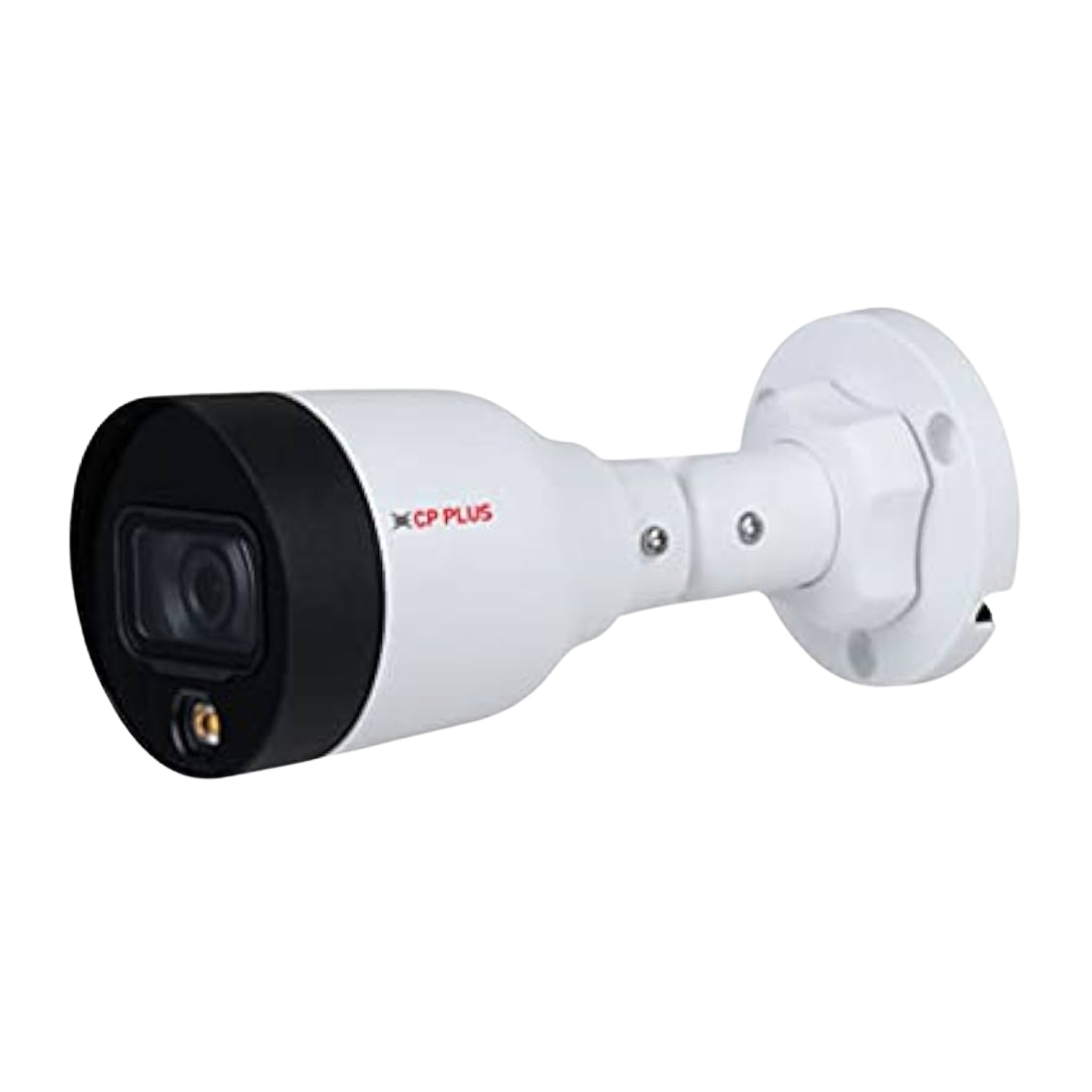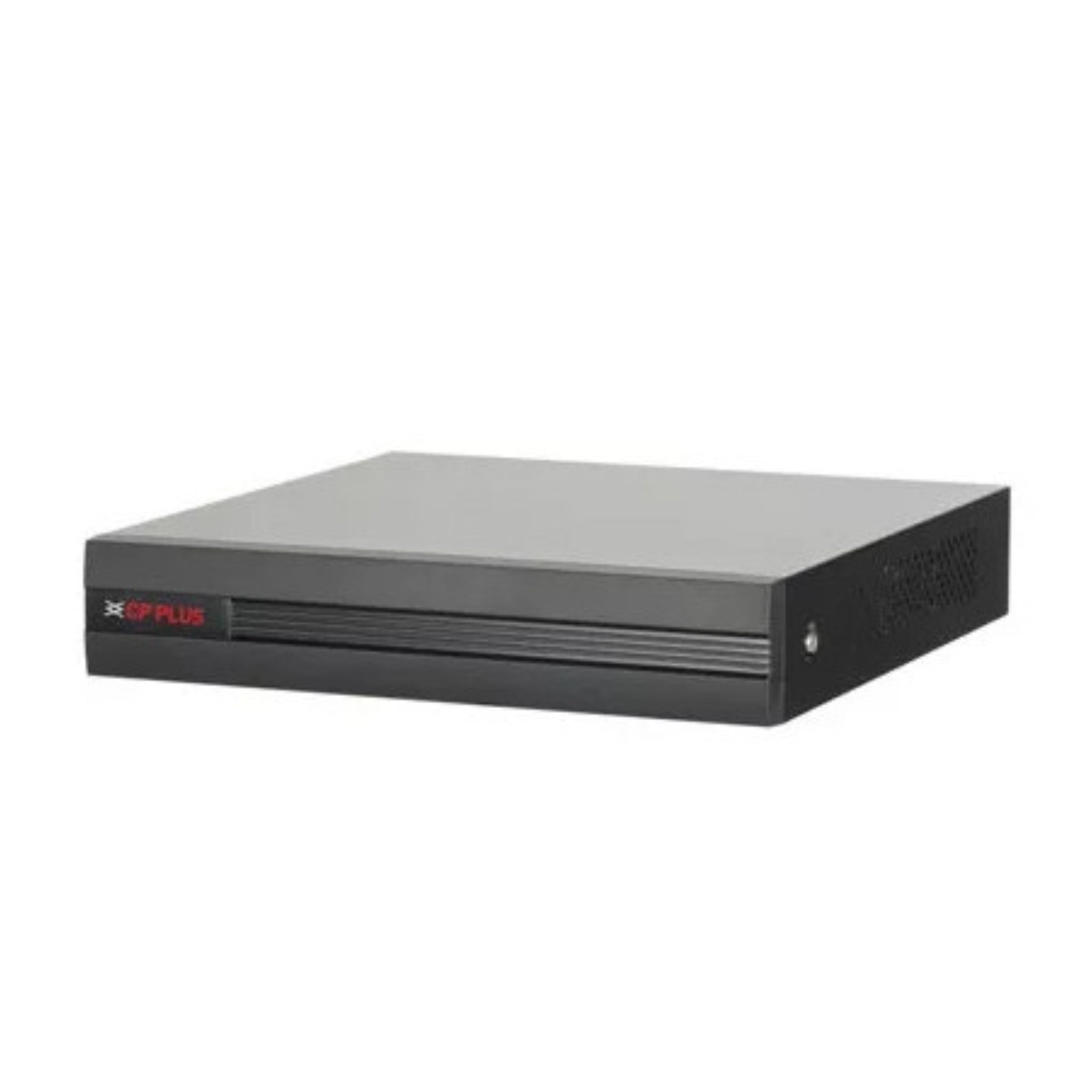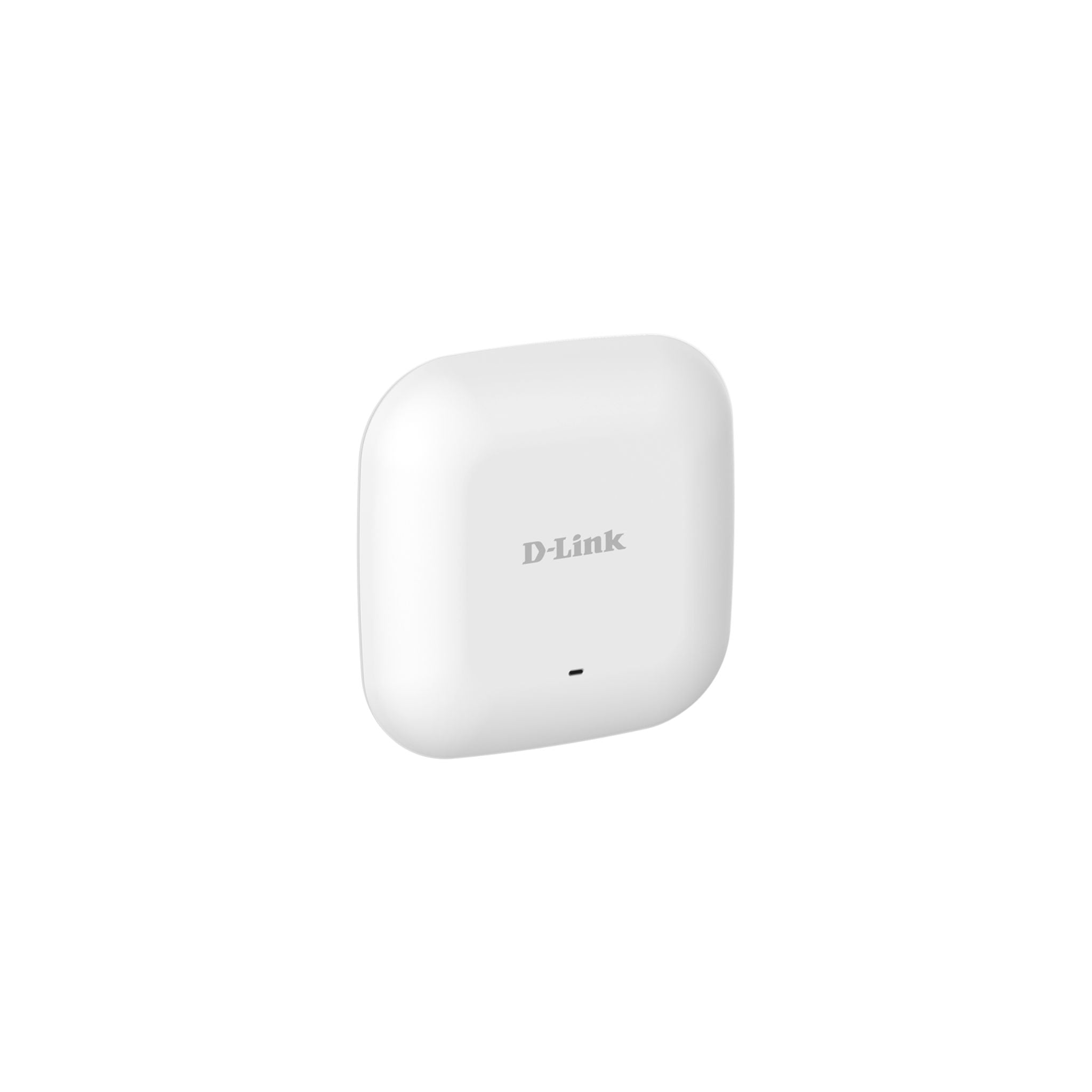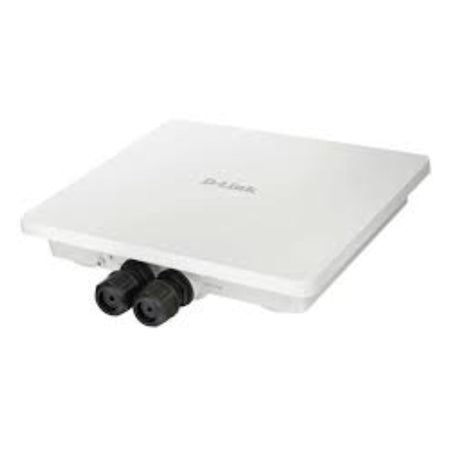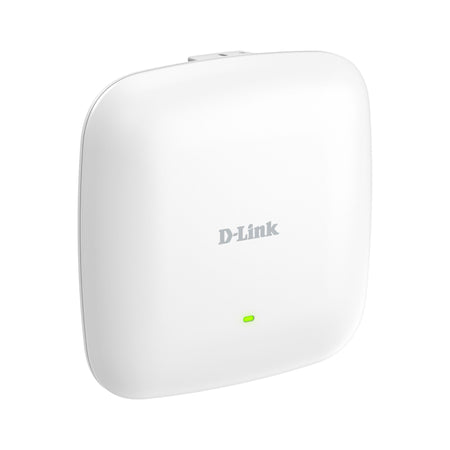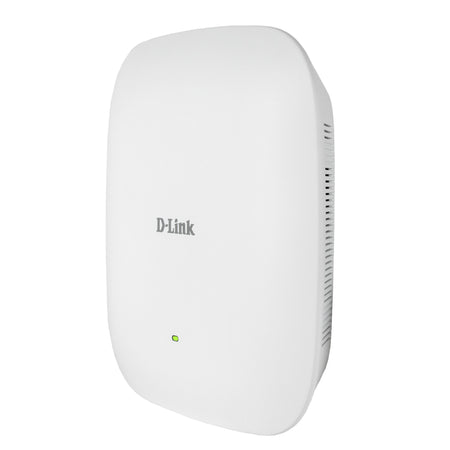DAP-2230 - Wireless Access Point
Model Number:
- DAP-2230
Key Specifications:
-
Wireless Standard:
- 802.11n (Wi-Fi 4) and 802.11ac (Wi-Fi 5) support, offering improved speeds and better performance compared to older Wi-Fi standards.
-
Wi-Fi Speeds:
- Up to 1.2 Gbps combined (300 Mbps on the 2.4 GHz band and 867 Mbps on the 5 GHz band) for high-speed wireless connectivity.
-
Dual-Band Wireless:
- Operates on both the 2.4 GHz and 5 GHz bands, offering flexible and interference-free connectivity for different types of devices.
-
Power over Ethernet (PoE):
- PoE (802.3af) support allows the device to be powered through the Ethernet cable, eliminating the need for a separate power adapter and simplifying installation.
-
Multiple SSIDs:
- Supports up to 8 SSIDs (Service Set Identifiers) for creating different wireless networks, allowing for the segmentation of traffic (e.g., guest networks and internal networks).
-
Security Features:
- Includes WPA2, WPA3, and WEP security encryption protocols.
- Supports 802.1X for network access control with a RADIUS server for more secure access management.
-
Management Options:
- Web-based Interface for easy configuration and monitoring.
- D-Link Centralized Wireless Management (DWMS) for larger network setups to manage multiple access points.
-
Bandwidth Management:
- Supports QoS (Quality of Service), enabling the prioritization of traffic for critical applications like VoIP or video streaming.
-
High-Performance Antennas:
- Equipped with high-gain external antennas that help to increase wireless range and improve overall network coverage.
-
Wall and Ceiling Mountable:
- Designed for easy wall or ceiling mounting to optimize wireless coverage in offices, warehouses, or retail environments.
-
Advanced Wireless Features:
- Load Balancing, Band Steering, and Roaming support for better wireless performance and a seamless user experience.
Use Cases:
- Small to Medium Business Networks: Ideal for providing Wi-Fi connectivity in small to medium-sized offices or retail environments.
- Enterprise Networks: Suitable for larger deployments in office spaces, schools, or warehouses.
- Guest Networks: Perfect for creating separate guest networks with proper security and bandwidth management.

